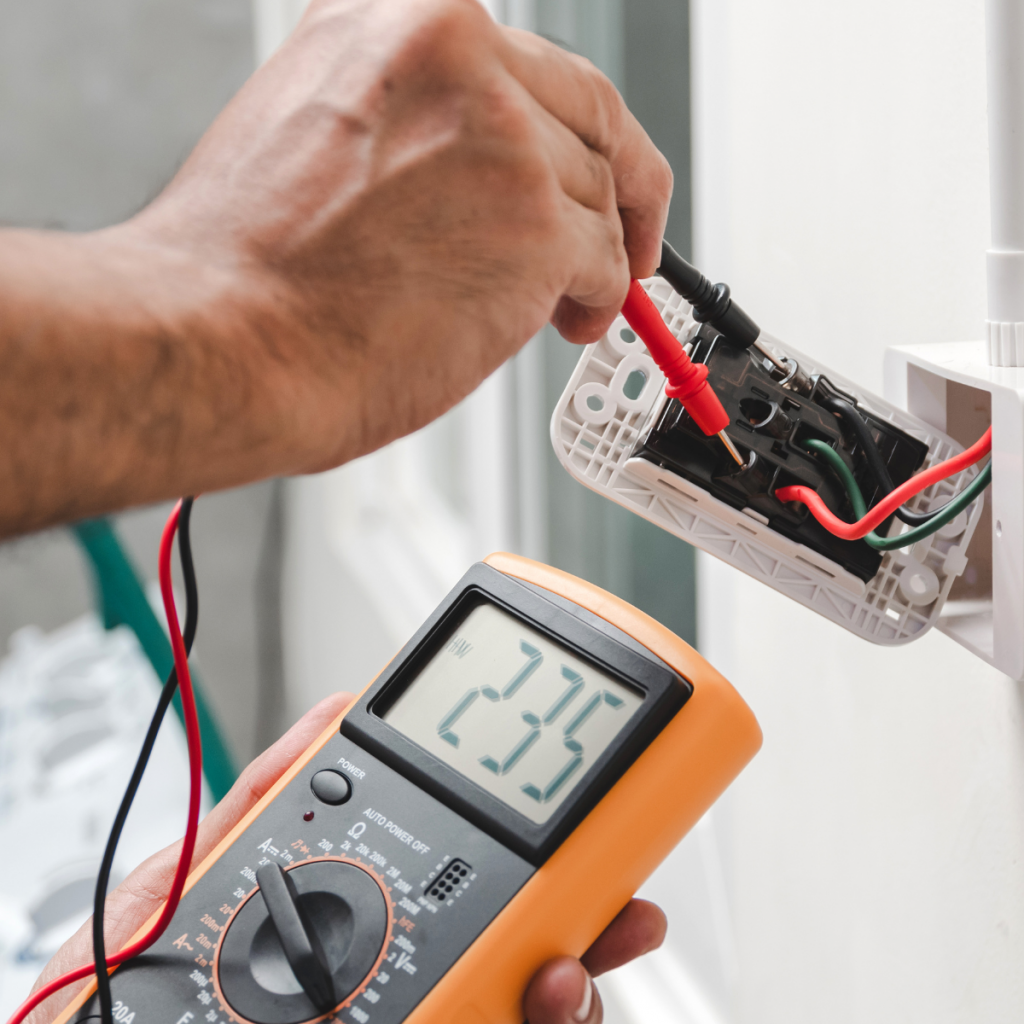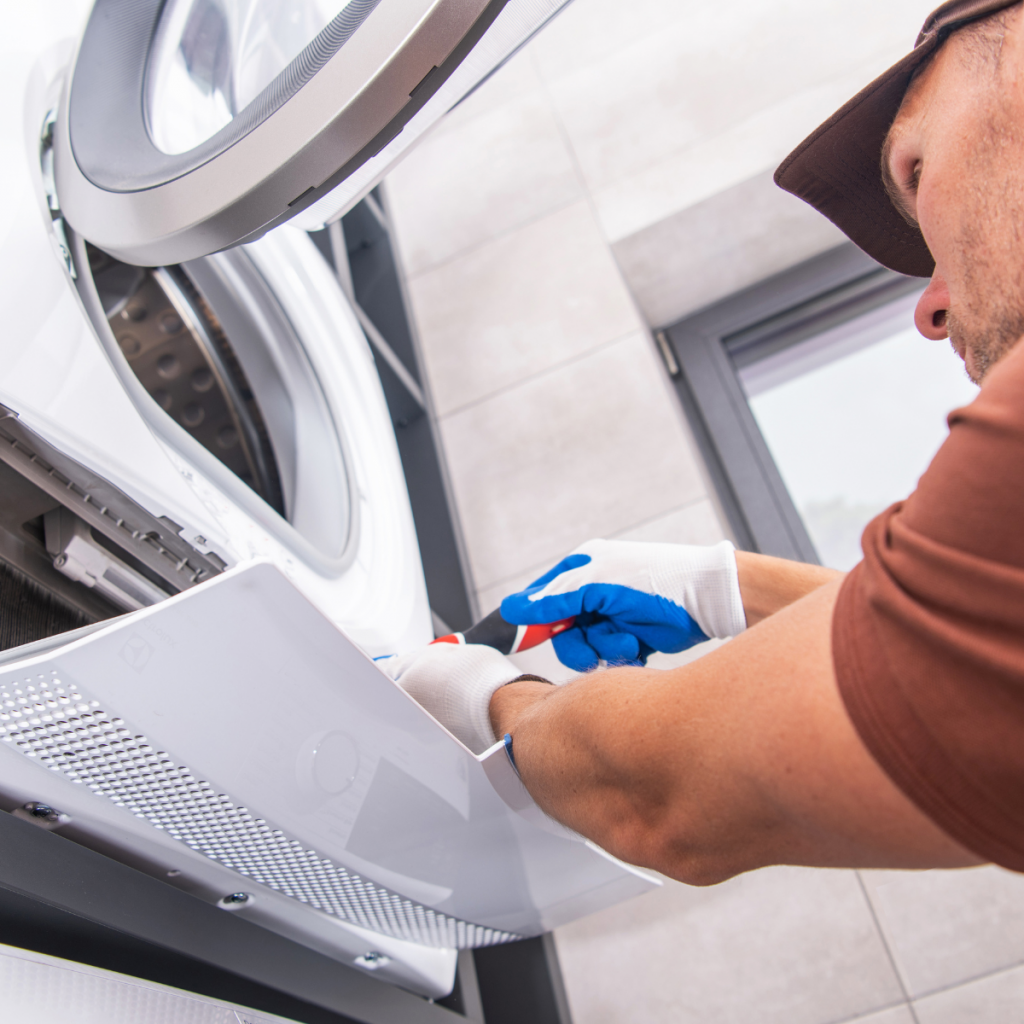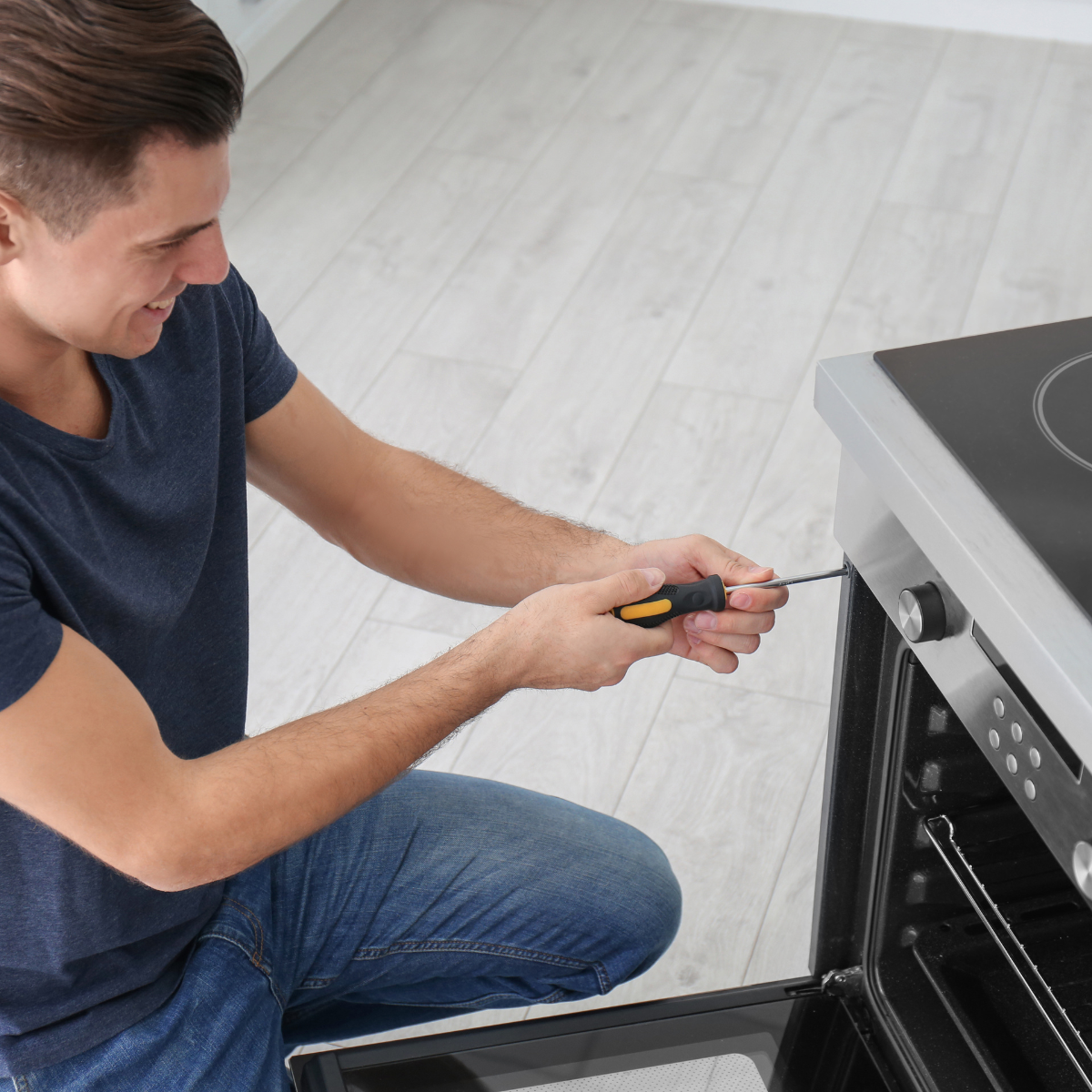When appliances or systems in your home break down, it can be a frustrating decision to determine whether it’s more cost-effective to repair the existing item or replace it altogether. While repairs may seem like the cheaper option at first, they can sometimes lead to recurring issues or higher long-term costs. On the other hand, replacing an item might seem like a hefty investment, but it can provide you with a fresh start and greater reliability. In this article, we will explore the key factors to consider when deciding between repairing or replacing an appliance, system, or other household items. By weighing the pros and cons of each option, you can make an informed decision that saves both your budget and peace of mind.
Factors to Consider Before Making a Decision

Choosing whether to repair or replace a broken appliance or system is not always straightforward. It involves evaluating several aspects of the situation, including the age of the item, the cost of repairs, energy efficiency, and potential future breakdowns. The goal is to find a balance between repairing an item to extend its lifespan and replacing it with something more reliable and energy-efficient. Let’s break down these factors in more detail to help guide your decision-making process.
1. Age of the Appliance or System
One of the most important factors to consider when deciding whether to repair or replace an appliance or system is its age. Older models are more likely to have recurring issues that might require frequent repairs, and the cost of fixing them can quickly add up. Additionally, older appliances are often less energy-efficient, which means that replacing them with a newer model can help reduce energy consumption and lower utility bills over time.
For instance, a refrigerator that’s 15 years old may have outlived its expected lifespan, and its parts may be more expensive and harder to find. If the appliance is reaching or has surpassed its life expectancy, it may make more sense to invest in a replacement rather than spending more on repairs.
2. Repair Costs vs. Replacement Costs
Another key consideration is the cost of repairs compared to the cost of replacing the appliance or system. If the repair costs are close to or exceed the cost of a new unit, replacement may be the better option. Repair costs often include both parts and labor, which can add up quickly, especially if multiple components are failing.
For example, if the cost of repairing an air conditioning system is 60% of the cost of a new, energy-efficient model, replacing it may provide better long-term value. This is especially true if the new unit comes with a warranty, offering peace of mind that you won’t have to worry about additional repairs in the near future.
3. Frequency of Breakdowns
If the appliance or system is prone to frequent breakdowns, it may be time to consider replacement. Constantly repairing a broken appliance can quickly become expensive and inconvenient. A reliable service technician will likely advise you if it’s better to replace the item rather than continuing to spend money on repairs.

For example, if you have a washing machine that breaks down every year, the repair costs may outweigh the expense of buying a new one that comes with a warranty. Frequent issues with an appliance could also indicate that its internal components are deteriorating, making future repairs inevitable.
4. Energy Efficiency and Environmental Impact
Newer appliances and systems are typically designed to be more energy-efficient, which can have a positive impact on your monthly utility bills and reduce your carbon footprint. If your current appliance is outdated and consumes more energy than a newer model, replacing it can be an environmentally responsible choice.
For instance, replacing an old water heater with a modern, energy-efficient model can significantly reduce energy costs over time. Not only will this save you money, but it also contributes to sustainability by using less energy, making it a smart long-term investment.
5. Warranty and Long-Term Maintenance
When you purchase a new appliance, it typically comes with a warranty that covers any defects or issues that may arise within a specified period, usually one to five years. This can be a major advantage when compared to repairing an older item that may no longer be under warranty.
A warranty provides assurance that you won’t have to pay for expensive repairs if something goes wrong shortly after the purchase. Additionally, many new appliances are designed to require less maintenance over time, which can save you both time and money.
6. Potential for Upgrades and Enhanced Features
Technology is constantly improving, and modern appliances often come with features that older models simply don’t have. For example, new refrigerators may offer more storage space, better temperature control, and smart technology that allows you to monitor your appliance remotely. If your current appliance is lacking in these areas, replacing it with a newer model could provide added convenience and improve your daily life.
Upgrading to a new appliance can also give you access to the latest features, such as Wi-Fi connectivity or energy-saving modes, which can enhance the overall functionality of your home. In cases like this, replacing the item may provide greater benefits than simply repairing it.
7. Availability of Replacement Parts
As appliances age, finding replacement parts becomes increasingly difficult. If your appliance is broken and the manufacturer no longer produces replacement parts, repairs may not be an option or may be significantly more expensive due to the rarity of the components. In such cases, replacement is often the most sensible choice.
For example, a 10-year-old dishwasher may no longer have parts available from the manufacturer. This would force you to either pay high premiums for aftermarket parts or seek out used or refurbished components, neither of which guarantees the longevity or reliability of the repair.
8. Your Budget and Financial Situation
Your budget plays a crucial role in determining whether you should repair or replace an appliance. While it may be tempting to repair a broken item to avoid a large upfront cost, it’s important to consider the long-term financial impact. If you are on a tight budget and the cost of replacing an appliance is beyond your reach, repairing it might be the only viable option in the short term.
However, if you have the financial flexibility to invest in a new, energy-efficient appliance, replacing the old unit may prove to be more cost-effective in the long run by reducing your maintenance costs and lowering your energy bills.
9. The Impact on Your Daily Life
Finally, think about how the broken appliance or system affects your daily life. If it’s a critical component, such as an air conditioning system in the middle of a Chicago summer, you might not want to wait weeks for a repair. In this case, replacing the appliance quickly may be the best solution to ensure your comfort and well-being.

Additionally, if your appliance is causing a lot of inconvenience or disruption in your home, replacing it can restore normalcy and improve your quality of life.
Conclusion
Deciding whether to repair or replace an appliance or system requires careful consideration of several factors, including the age of the item, repair costs, energy efficiency, and potential for upgrades. While repairs may offer a temporary solution, replacing an appliance with a newer model can provide long-term savings and enhanced features. Ultimately, the decision comes down to your unique situation, and taking the time to evaluate all options will help you make the best choice for your home and your budget. Whether you choose to repair or replace, ensuring that you’re making a well-informed decision can save you money, time, and stress in the long run.

Leave a Reply